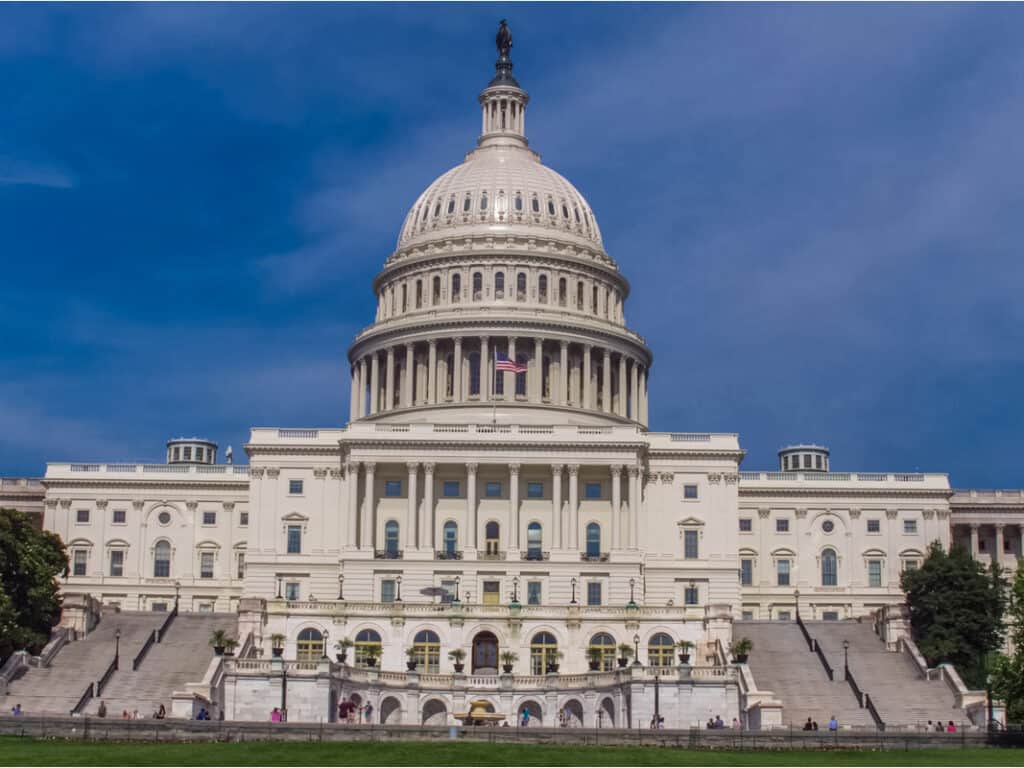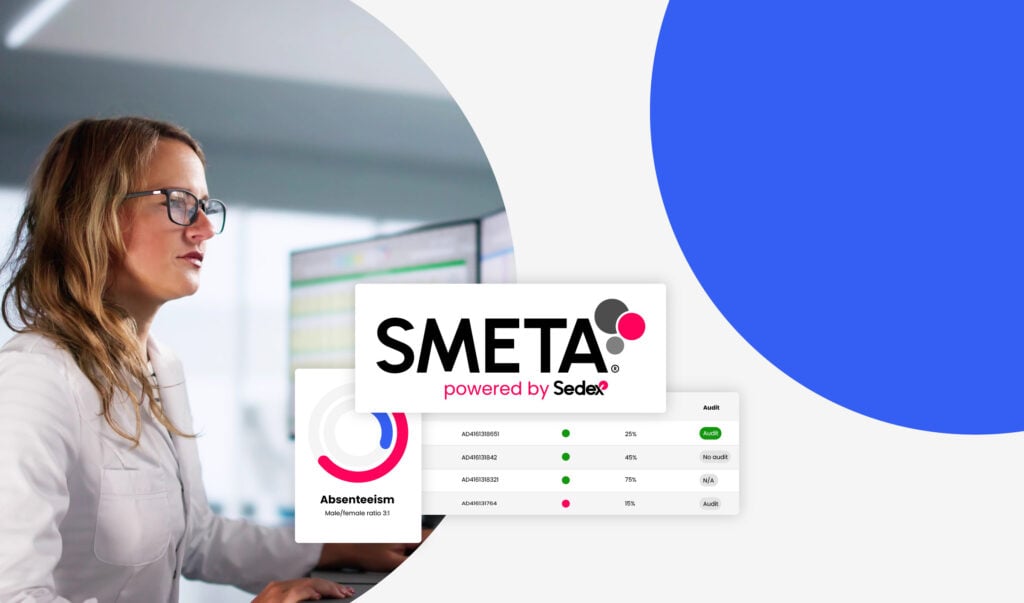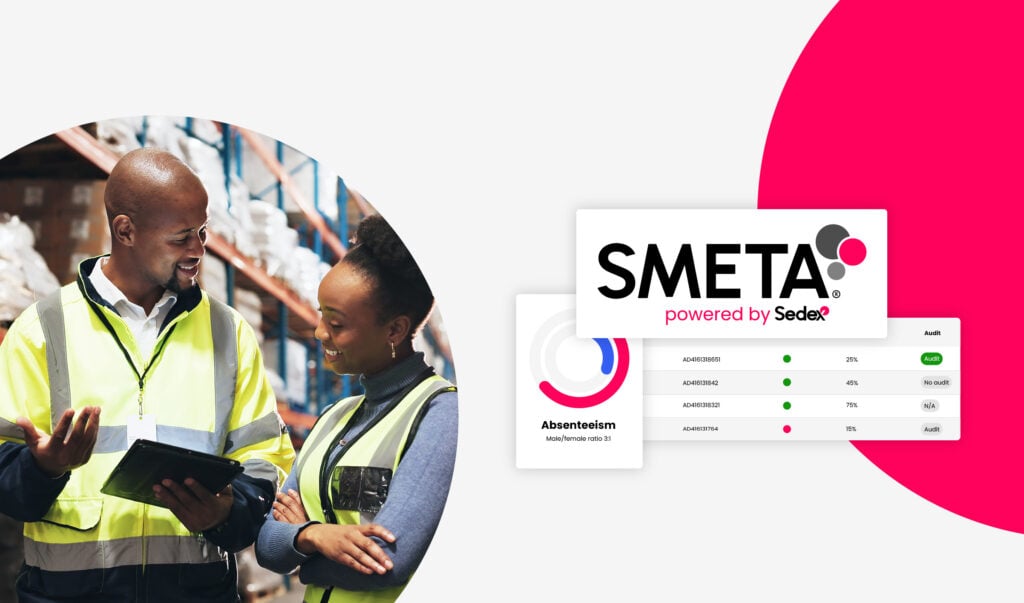The Evolution of Sustainable Procurement: From "Nice-to-Have" to Business Necessity
The way businesses source goods and services are undergoing a profound transformation. Once a niche concern, sustainable procurement has evolved into a strategic imperative for companies of all sizes and industries. But what exactly does this evolution look like, and why should your business pay attention?
What is sustainable procurement?
Sustainable procurement is an approach to purchasing products, components and services in a way that upholds good social, environmental and ethical standards. For example, it might involve agreeing timelines with suppliers that don’t require their labourers to work excessive hours or choosing components that use less energy to create.
Sustainable procurement: A brief history
In its early days, sustainable procurement was often seen as an add-on – a “nice-to-have” for companies with strong corporate social responsibility (CSR) commitments. It focused primarily on reducing environmental impacts, such as using recycled materials or choosing suppliers with eco-friendly practices.
Over time, the concept has expanded to encompass social factors like fair labour practices, ethical sourcing, and community engagement. This shift is partly driven by growing awareness of global challenges like climate change, human rights abuses and resource scarcity.
The tipping point: From compliance to competitive advantage
Several other factors have accelerated the evolution of sustainable procurement:
- Regulatory pressure: Governments around the world are enacting laws and regulations aimed at promoting sustainability and ethical procurement. Businesses that fail to comply can face fines, product seizures and other penalties alongside reputational damage.
- Investor demand: Investors are increasingly scrutinising companies’ environmental, social, and governance (ESG) performance. This has led to a surge in sustainable investing and a greater focus on ESG reporting.
- Consumer preferences: Consumers are increasingly demanding sustainable products and services at affordable prices. They expect brands to develop these and offer solutions that support a consumer’s own sustainability efforts – such as recycling or using less water.
- Supply chain resilience: The COVID-19 pandemic exposed vulnerabilities in global supply chains. Sustainable procurement practices, such as in-depth supply chain mapping and supporting suppliers to reduce their carbon emissions can help mitigate these risks.

The new normal: Sustainable procurement as a business driver
Today, socially and environmentally responsible procurement is no longer just about ticking boxes for stakeholders. It’s a powerful tool for driving innovation, reducing costs, building stronger relationships with suppliers and enhancing brand reputation.
Companies that embrace sustainable procurement are reaping significant benefits:
- Cost savings: Sustainable supply chain practices and related tasks can lead to reduced waste, lower energy consumption and more efficient operations.
- Innovation: The search for sustainable solutions can spur innovation and lead to new products, services and business models.
- Risk mitigation: Sustainable procurement helps companies identify and address potential risks related to social, environmental and governance issues.
- Brand value: Strong sustainability credentials can be worth billions of dollars to brands, translating into consumer loyalty and willingness to pay more for products.
The path forward: Integrating sustainability into procurement DNA
The evolution of sustainable procurement practices represents a significant opportunity for every business to enhance their sustainability efforts. Sustainability is no longer the premise of a standalone, siloed team – companies are increasingly expected to integrate social, ethical and environmental considerations across all departments.
Here are some key steps to take to integrate sustainability into your sourcing strategy:
- Develop a comprehensive strategy: Define your sustainability goals, identify priorities, and integrate sustainability criteria into your procurement processes.
- Engage stakeholders: Collaborate with suppliers, customers, employees, and other stakeholders to build a shared commitment to sustainability.
- Measure and report: Track your progress, measure the impact of your sustainable procurement initiatives and transparently report your findings.
Leverage the supplier sustainability technology and applications available to help you implement sustainable procurement practices effectively. Look at the variety of services, including data collection tools, data analysis capabilities and supporting expertise. Advanced features such as data validation services, risk screening, event monitoring, and multi-tier data collection is also important.
Identify the application capabilities most relevant to your business and its needs. Review your sustainable procurement strategy – its principles and priorities – and prioritise the vendors offering the critical capabilities to support its scope.

Consider whether your suppliers and industry peers already use as a solution. Engaging with suppliers to understand their experiences and consulting with peer organisations can help align procurement practices, reduce the reporting burden on suppliers, and foster industry-wide sustainability.
Streamline sustainable procurement with Sedex
By integrating environmental and social considerations into procurement decisions, companies can build stronger, more resilient supply chains, drive innovation, and meet stakeholders’ growing expectations.
Sedex can play a crucial role in this journey by providing the tools and expertise needed to navigate the complexities of sustainable procurement:
- Map your supply chain with our data Platform – connect with your suppliers that are already Sedex customers for instant access to their sustainability data.
- Analyse ESG risks and prioritise your resources with our data-centric sustainability assessment tools.
- Monitor and report on sustainable procurement activities and progress with our integrated analytics capabilities.
- Learn and collaborate with industry peers, suppliers, experts and other businesses through the Sedex Community, to share challenges and successes.
Sustainable procurement is no longer a luxury; it’s a necessity for businesses to thrive in the 21st century. By embracing sustainability as a core value, companies can contribute to a better world while securing their own long-term success.
Ready to take the next step? Let Sedex be your partner in sustainable procurement.



